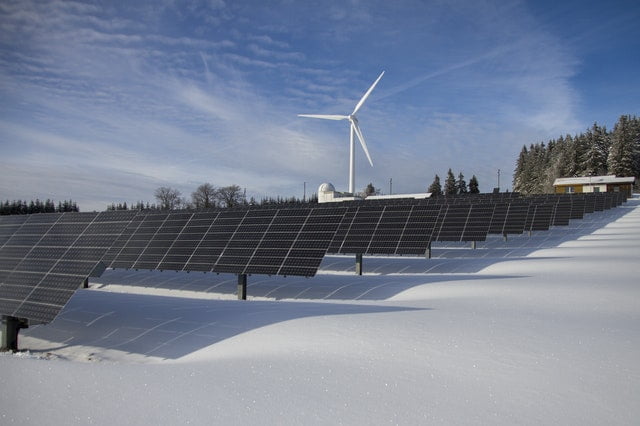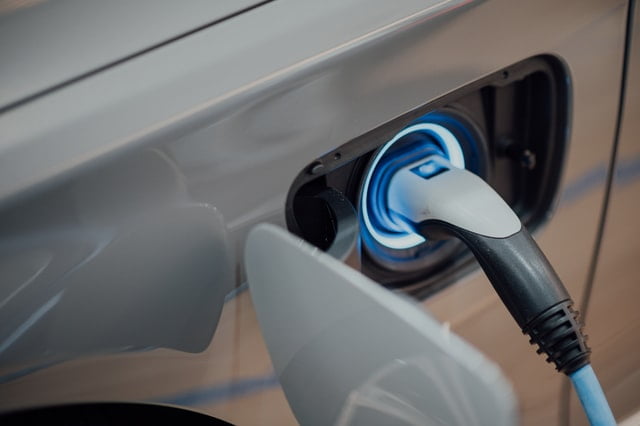Everyone is aware that we must make a change within the world today. The old use of fossil fuels, old ways of building and creating properties, and living will not work if we are to preserve and perpetuate our precious resources here on this planet.
Indeed, each part of our lives will have to change for us to continue to preserve our present quality of life and ensure that we are able to at least breathe clean air, eat fresh food, and have diversity in places such as the rainforest, jungles and our savannahs.
While talks of climate change are growing, arguments also rise on the legitimacy of this concept. It makes sense to have arguments over a larger concept like climate change as it deals with more intricate and complex systems. At the same time, it is hard to deny the need for fresh, clean water, holistic foods, thriving ecosystems, and caring for present resources to let new generations have an amazing world as well.
Thankfully, we do not have to make drastic changes in all aspects of life to accommodate these goals. For instance, purchasing or investing in a sustainable home may cost more initially but can save you funds over the long term and be beneficial to the environment.
Indeed, our homes can be our first step in our desire to enjoy a higher quality of life through sustainable design.
You might want to tell your home designers or contractors “conduct whatever is the most relevant modification for sustainable energy and savings” but they may not always know what to do.
That is why it is essential that you are knowledgeable on aspects that you can include within your present or future home.
Here is what you need to know about the future’s sustainable homes to stay ahead of the trends.
Pure Energy Sources
Pure energy sources are already on trend today. You can notice the slow growth of solar panels on homes within your neighborhood. On the flipside, you can see solar financing companies and producers step into the picture to ensure that it is feasible to make, produce, and generate demand for solar panels.
With solar panels drawing power from the sun, distributing power, and storing energy, this pure energy source is an obvious choice in most areas that might be suitable for this solution.
The reason why many people think that solar power will become a key part of the grid is that it provides efficient renewable energy while the costs of production continue to decline over time.
It is hard to push back against increased efficiencies in energy and technology.
Eco-Friendly Appliances
Eco-friendly appliances are also another no-brainer prediction. But why is that? Well, we are slowly making incremental advances in energy-efficient appliances already. The governments in different parts of the world have already been pushing for increased efficiencies in household appliances for a while now.
These coincide with solar panels and will contribute to the zero-carbon housing model.
It is quite likely that you will see appliances such as heat pumps that do not require fossil fuel or derivatives to power them. The pump only needs electricity and renewable energy to power it.
These eco-friendly appliances will be a part of the overall zero-carbon design. Remember that heat pumps come in three types. These heat pumps fall under air source, ground source, and even water sources.
They have a similar design and conduct the simple but powerful tasks of heating up the water and radiators within a specific residential property.
Building Design
Building design will include green external walls that rely on centuries-old methods of forming buildings so that they can integrate with the surroundings without as much difficulty.
One might see an increase in natural roof materials that range from hempcrete to slate.
These homes might also have a specific design to accommodate a more inclusive and streamlined work, and life situation as more jobs go remote. One might see more open spaces, integration of community settings, more open-plan homes.
These new building designs will focus on sustainability, zero carbon, and that blend in with the local environment instead of present situations that fight against natural systems.


